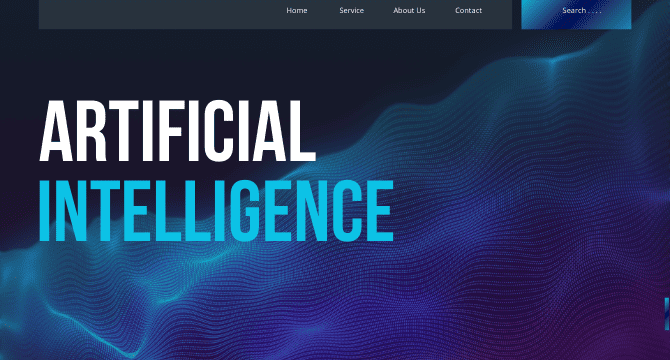Medium
1M
77

Image Credit: Medium
Guarding the Digital Frontier: How AI Programmers Are Reinventing Cybersecurity
- In the realm of cybersecurity, artificial intelligence (AI) programmers are at the forefront, developing advanced systems to safeguard digital infrastructures around the clock.
- Cybercrime is escalating globally, with the projected annual cost expected to reach $10.5 trillion by 2025.
- Key statistics underscore the severity of cyber threats, necessitating more sophisticated defense mechanisms beyond traditional security measures.
- AI plays a vital role by enabling faster analysis, learning, and response to security incidents, surpassing human capabilities in threat detection and mitigation.
- AI programmers are instrumental in creating adaptive algorithms that enhance cybersecurity measures and protect against evolving threats.
- AI tools are effectively utilized in email analysis for phishing detection and by financial institutions to identify fraudulent transactions swiftly.
- AI-powered endpoint security tools, like those employed by companies such as CrowdStrike and Sentinel One, enhance defense against ransomware and other threats.
- However, challenges arise in using AI for cybersecurity, including the need to balance sensitivity and accuracy, address biases in data training, and ensure transparency in AI decision-making processes.
- AI augments cybersecurity professionals rather than replacing them, allowing human experts to focus on strategic decision-making while AI handles routine tasks.
- In the evolving landscape of cybersecurity, AI programmers are in high demand for roles like AI Security Engineer, Threat Detection Algorithm Developer, NLP Security Analyst, and Security Data Scientist.
- As cyber threats evolve, organizations are increasingly relying on skilled AI programmers to develop cutting-edge defenses and keep pace with adversaries in the digital realm.
Read Full Article
4 Likes
For uninterrupted reading, download the app